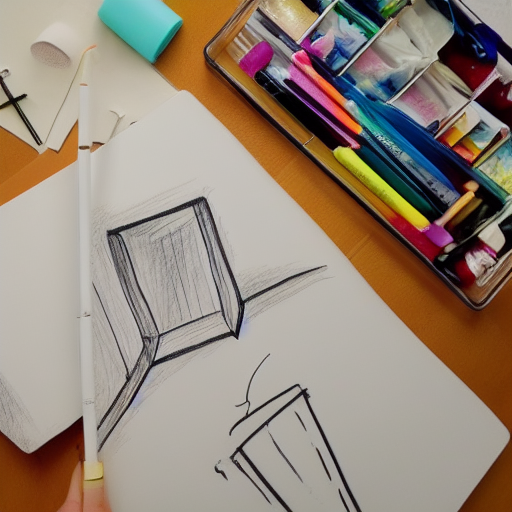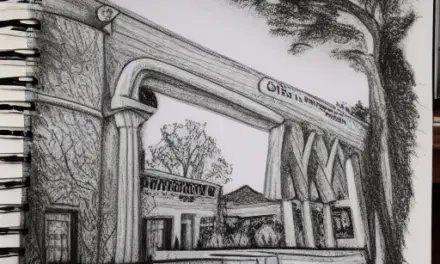Decluttering reduces visual clutter
Decluttering your home will not only help you stay organized, but will also reduce visual clutter. Visual clutter in a room is distracting and causes unnecessary anxiety. By reducing visual clutter, you can achieve a clutter-free, easy-to-clean home. To do so, begin by mentally inventorying the contents of each room. This will help you identify the items you can reduce.
Think about your kitchen counters. Aside from the food, there are numerous other items that can cause visual clutter. Other common culprits are collections, signs, gallery walls, and throw pillows. You might not even realize that you have visual clutter in a room. By identifying and eliminating these items, you can drastically reduce visual clutter in a room.
Decluttering can seem overwhelming, but you need to start small. Choose a small area to work on first and continue systematically. You can start with personal items and work your way up to larger items. Don’t forget to donate items in good condition. You can also sell these items on preloved.
Another tip for reducing visual clutter in a room is to allocate storage space wisely. For instance, instead of placing all of your throw pillows on the floor, you can place two pillows on one side of the couch. This will prevent visual clutter from developing. Another tip is to use storage cabinets. Opaque storage cabinets will allow you to hide clutter and keep things out of sight. Transparent glass cabinets are not the best solution because they let you see what is inside.
Visual clutter in the home makes a room look untidy. It makes it difficult to find things and may even interfere with your daily life.
Decluttering reduces accidents
Decluttering your home can help reduce the number of accidents. Accidents at home often occur because of untidy clutter and tripping hazards. By removing unnecessary objects and storing them in an accessible place, you can help decrease the risk of an injury or accident. You can also hire an organizer to help you with the decluttering process.
Decluttering not only makes your home look more attractive, it also helps keep your family safer. Clutter can make your home a trip hazard, and if you have small children or elderly people, this can make them more likely to fall. Also, clutter on the floor can make it difficult to evacuate a home quickly if an accident occurs. You should also take care to keep extension cords and other items off the floor to prevent tripping hazards and electrical fires.
Decluttering reduces stress
Decluttering your home is a great way to improve your mental health. Studies have shown that having too much clutter can lead to increased stress and fatigue. Additionally, clutter can contribute to unhealthy eating habits and poor sleep. In addition, clutter causes the accumulation of dust. An average American household collects about 40 pounds of dust each year. This dust can contain pollen, hair, dead skin, fibers, and dirt.
Decluttering your home also helps you focus and concentrate. When your surroundings are cluttered, your brain will be unable to focus on what you’re doing, and it will be hard to stay motivated and on track. When your environment is cluttered, you will have less time to create new ideas. You’ll also feel happier and more in control.
Decluttering your home can also have a positive impact on relationships. Clutter is a major source of family stress, which can lead to arguments and even snappy behavior. Decluttering your home will help you create a more calm and peaceful environment for everyone in your family. It will also allow you to find your treasured items.
Getting rid of unnecessary items in your home can also improve your sense of self-efficacy and confidence. While this can be a stressful task, it can make you feel better and more competent. It can also improve your self-esteem and make you feel more like an adult. Therefore, you should make time for decluttering your home and make it a priority.
De-cluttering your home will also improve your ability to concentrate. It will help you to focus on other tasks, such as getting mail or changing batteries. This will help you to get more things done in less time. It will also improve your focus and put you in the right mindset for more productive tasks.
Decluttering reduces fire hazards
Decluttering can reduce fire hazards at home, particularly in elderly people’s homes. Older people often lose mobility, and clutter can be a tripping hazard in an emergency. It also obstructs escape routes, which can hinder the elderly person’s safety.
According to home organization experts, a decluttered home is more safe to live in. For example, piles of paper and boxes can block escape routes and accumulate near heat sources. Additionally, clutter on the floor can create tripping hazards and overheated wiring, which can contribute to electrical fires. Therefore, it is best to keep floors clear and free of cords.
As you declutter your home, consider how you can help the environment and give back to your community. To start, set aside a day of the month to donate your unwanted items to charity. You can donate old clothes and toys to charities or consignment shops. You can also give old socks and fabrics to quilters or sewers. If you’re too busy to donate everything you’d like, offer the items at a discount or for free to recyclers.
Decluttering your home is an effective way to reduce fire hazards. Decluttering your home can improve your health and reduce stress. It can also reduce tripping hazards and keep electrical cords in proper locations. Whether you’re moving or simply want to downsize your home, it’s a good idea to get rid of the excess clutter to promote a safer environment.
Decluttering reduces shopping
Decluttering your home can improve your family’s quality of life and save you money at the same time. It will also give you more physical space in your home and allow you to spend more time with your family. When you have more space, you’ll be less likely to spend money on unnecessary items.
One of the best ways to declutter is to start small. Try giving away one item every day. That way, you can eliminate 365 items in a year. This can gradually increase as you go. If you find that you can’t get rid of all the items, you can start by filling a trash bag. Once you’ve filled the bag, donate the items to Goodwill.
If you still have a lot of items, donate them to a local charity or sell them. You can even set up a garage sale or donate them to friends and family. You can also make a donation bin. And you don’t need to limit yourself to donating items – you can also make a separate bin for items you want to get rid of.












